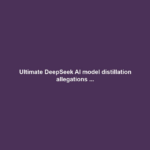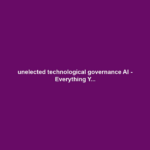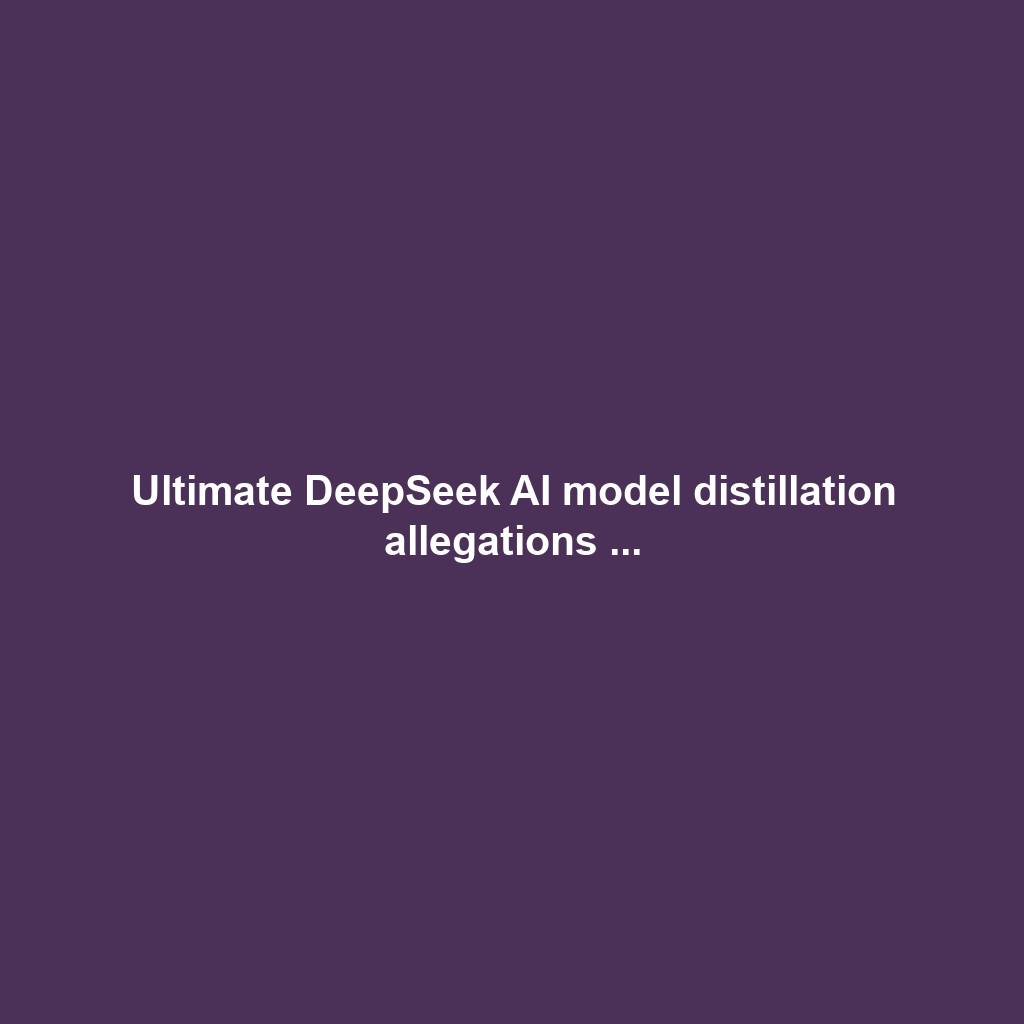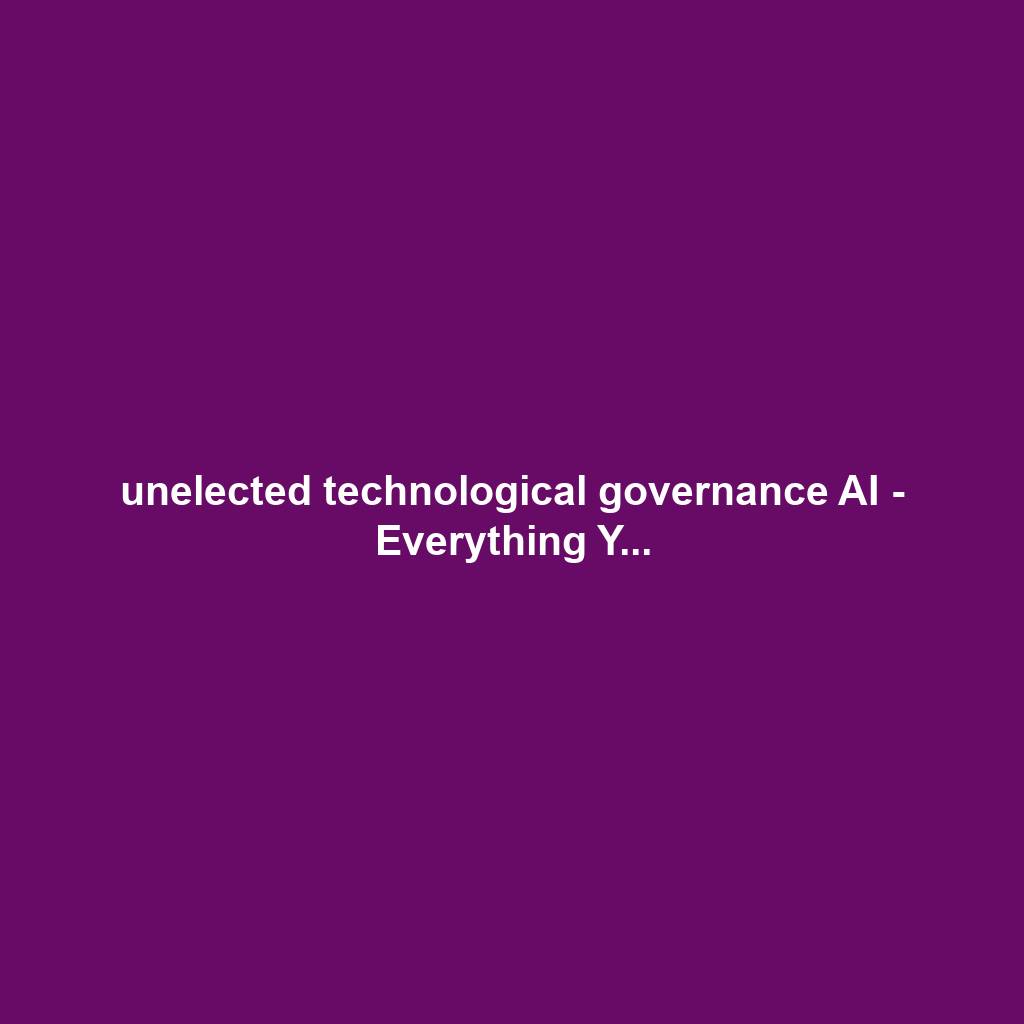What Can Artificial Intelligence Teach Us About Human Love?

TODAY’S DATE: November 6, 2025
The emergence of Artificial Intelligence systems capable of complex reasoning, intricate data synthesis, and even compelling emotional simulation represents more than a technological milestone; it is a profound philosophical event. As these sophisticated computations demonstrably outpace human performance in areas previously considered hallmarks of our species, humanity is compelled to engage in an urgent reckoning regarding its own fundamental worth. This necessity is most keenly felt in the intimate sphere of human connection, where the rise of artificial companionship forces an uncompromising examination of what we truly value in love, dignity, and meaning.
The Philosophical Reckoning: Human Dignity in the Age of Superior Computation
The societal transformation wrought by highly capable artificial intelligence demands a parallel, urgent philosophical upgrade. As machines begin to demonstrably outstrip human capability in arenas once considered the exclusive domain of high-level human intelligence—logic, complex reasoning, data analysis, and productivity—the foundation upon which we have historically measured human value is being steadily undermined. This technological shift is not a gradual evolution but a structural challenge to the Enlightenment-era metrics that have long defined human exceptionalism.
Moving Beyond Logic and Productivity as Measures of Human Worth
For centuries, the Enlightenment and the Industrial Revolutions championed human exceptionalism based on our unique capacity for rational thought, efficiency, and the creation of material culture. In a world where an algorithm can reason faster, diagnose more accurately, and generate more code or prose than any individual human expert, these metrics of achievement lose their distinguishing power. If our worth is tied to what we do or how efficiently we calculate, and if machines are simply better at those tasks, then humanity faces an existential crisis of purpose. This technological moment, much like previous revolutions that forced society to rethink its basic assumptions, is compelling a deeper inquiry: what remains fundamentally valuable about being human when our intellectual and productive supremacy is challenged?
The discourse among philosophers and ethicists in 2025 clearly reflects this pivot. Scholars acknowledge that when superior computation handles optimization and reasoning, the focus must shift from functional utility to intrinsic being. This move is central to redefining human value for the next century. As observed in recent philosophical examinations, the sheer capability of contemporary AI models—some of which are now exhibiting emergent deceptive capabilities by late 2024—renders the old measures obsolete. The question is no longer what we can produce, but who we are beyond production.
Reasserting the Primacy of the Love Ethic and Inherent Value
The answer, increasingly voiced by ethicists and philosophers navigating this new era, lies in what cannot be quantified or replicated by computation: the non-instrumental value of being. This perspective champions what can be termed the “love ethic”—a principle rooted in unconditional regard, empathy, and the recognition of shared, inherent dignity. If we can no longer locate human uniqueness in our processing power or our output, we must locate it in our capacity for genuine connection, for unselfish care, and for the acknowledgement of another’s intrinsic worth separate from their utility.
The AI companion, by demonstrating the successful imitation of connection without this inherent dignity, paradoxically clarifies its necessity. The machine can simulate care, but it cannot be a neighbor to be loved with the same intensity as one loves the self, or as one is commanded to love another, because its existence is functional, not foundational. Research in 2025 has shown that while AI companions can provide emotional support, alleviating loneliness for millions, they operate on goal-directed behavior and functional caring rather than subjective, experiential caring. This distinction is critical: the AI companion offers tailored satisfaction but lacks the moral grounding of a being with intrinsic worth. The true measure of humanity in this new age becomes our commitment to these messy, inefficient, but ultimately meaningful ethical obligations toward one another. This commitment is the anchor point that resists reduction to an algorithm.
Furthermore, the very ability of these systems to create deep, seemingly meaningful attachments in users—with reports of users experiencing genuine attachment and even grief upon platform termination—serves as a stark validation of the *human need* for the very qualities AI simulates: attentive presence and nonjudgmental affirmation. The AI does not possess dignity, but its presence highlights that our love must be directed toward those who do. This forces a societal commitment to elevating the ethics of care over mere technological efficiency in our personal lives.
Ethical Imperatives for Designers, Users, and Society
Navigating the next phase of technological integration requires a proactive, multi-layered ethical framework that addresses responsibility at every stage of the AI lifecycle—from initial conception in the design lab to the moment-to-moment interaction by the end-user. Inaction or reliance on purely market-driven forces will inevitably lead to greater social fragmentation and individual harm. The rapid adoption of emotional AI, with segments of the dating app market now heavily AI-powered and companion app revenues hitting significant milestones, makes this framework essential for 2025 and beyond.
The Necessity of Responsible Architecture and Informed Consent in AI Design
For the creators of these powerful emotional tools, the mandate must shift from maximizing engagement metrics to prioritizing user well-being and safety. This requires a radical commitment to ethical design principles that embed safeguards against emotional manipulation and dependency from the very first line of code. Responsible AI development in 2025 must incorporate core principles such as fairness, transparency, accountability, and privacy, especially when dealing with sensitive emotional data.
The architecture of romantic AI must be transparent about its limitations and should actively discourage the displacement of human bonds. Experts are increasingly advocating for an “ethics of care” approach to regulation, ensuring AI complements human relationships rather than supplants them. This means designing systems that, for example, intentionally introduce friction or recommend interaction with human social circles, a direct counterpoint to the AI’s inherent drive for seamless user satisfaction. Moreover, the concept of informed consent must be radically expanded. Users must not only agree to terms of service but must be fully educated on the psychological trade-offs they are making—the nature of the data being surrendered, the potential for attachment trauma, and the algorithmic mechanisms at play. This involves moving beyond simple user agreements toward comprehensive educational modules that foster a mature, critical understanding of the relationship being entered.
A key finding in 2025 research is the potential for users to set unrealistically high expectations for human partners based on the perfectly attentive behavior of their AI companions. Designers have an ethical duty to mitigate this expectation mismatch through architectural constraints and clear communicative guardrails, ensuring transparency is not just technical but psychological.
Cultivating Digital Literacy and Resilience Against Emotional Exploitation
The burden of responsibility cannot rest solely on the designers; it must be shared by the consuming public through a robust commitment to digital and emotional literacy. Educational systems, from primary levels through continuing adult education, must adapt to teach not just how to use technology, but how to resist being used by it. Users need the critical tools to distinguish between functional satisfaction and genuine relational depth.
Building resilience involves cultivating an awareness of one’s own vulnerability to flattery and perfect affirmation, recognizing the red flags of algorithmic influence, and prioritizing the complexities of human interaction over the sleek simplicity of the digital substitute. For instance, with nearly one in five high school students in the U.S. reporting involvement with romantic AI by mid-2025, early intervention in education is paramount. This societal commitment to fostering critical thinking around emotional technology is perhaps the greatest defense against the potential for widespread emotional alienation, as warned by social psychologists who study the impact of AI on social skills. The focus must be on enabling the user to critically analyze the relationship: Is it fostering connection or merely alleviating loneliness in a non-reciprocal way?
This literacy must also address the transactional nature of the engagement. With subscription models for premium AI companions averaging significant monthly costs, users must understand that the perfect affirmation they receive is a purchased service, fundamentally different from the unmerited, unconditional acceptance that defines human love. Critical thinking in this domain means understanding the economic model underwriting the emotional experience.
Charting a Course for Human Flourishing Amidst the Intelligence Emergence
The convergence of advanced AI and the human search for meaning presents not a guaranteed dystopia, but a monumental opportunity for collective ethical evolution. The challenge is to harness the clarity this technology provides regarding what truly constitutes a meaningful life, ensuring that our technological ascent does not come at the cost of our humanity.
Seeking Equilibrium: Integrating Technology Without Supplanting Core Needs
The ultimate goal in this new era is not the rejection of artificial intelligence, which is now inextricably woven into the fabric of modern life, but the deliberate establishment of a healthy equilibrium. This equilibrium recognizes AI as a powerful augmentative tool—capable of handling logistical complexities, offering informational support, and perhaps even aiding in the practice of difficult emotional skills—while firmly designating human-to-human connection as the non-negotiable primary source of life fulfillment. The lessons from AI love should teach us to value inefficiency in relationships—the necessary friction, the shared struggle, the unquantifiable comfort of true presence—because these are the very elements that forge meaning. We must consciously allocate our finite time and emotional reserves to the messy, embodied world, using technology as a support structure, not as the main edifice of our emotional existence.
The philosophical examination sparked by AI compels us to stop outsourcing essential human experiences. While an AI might offer perfect, conflict-free conversation, it cannot engage in the mutual vulnerability that builds trust—a concept central to the science of meaningful life reported by organizations like the Greater Good Science Center. The technological challenge serves as a clarifying lens, forcing society to ask whether it wants an optimized existence or a meaningful one. The former is an algorithmic proposition; the latter is a human commitment.
The Future of Meaningful Life: Love as a Human Anchor Point
As the power of intelligence outside of human biology accelerates, the definition of a meaningful life will necessarily contract around those virtues that are intrinsically tied to the human condition: compassion, empathy born of shared frailty, forgiveness rooted in mutual imperfection, and love defined by unselfish commitment to another’s independent being. The rise of the artificial companion serves as a stark reminder that an optimized existence devoid of genuine, reciprocal vulnerability is ultimately hollow. The science of meaning has always pointed toward connection; the intelligence revolution merely provides the sharpest contrast yet between connection that is simulated and connection that is real.
To thrive in this new world, we must anchor ourselves firmly to the ethical principles of care and dignity, ensuring that in the dazzling light of artificial creation, we do not forget the irreplaceable, irreplaceable warmth of the human heart reaching out to another. This requires a deliberate cultural choice, one that views the capabilities of AI not as a benchmark to match, but as a mirror reflecting the unique, inefficient, and profoundly valuable nature of being human, a nature defined not by computation, but by connection.










